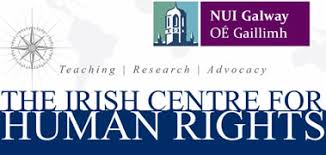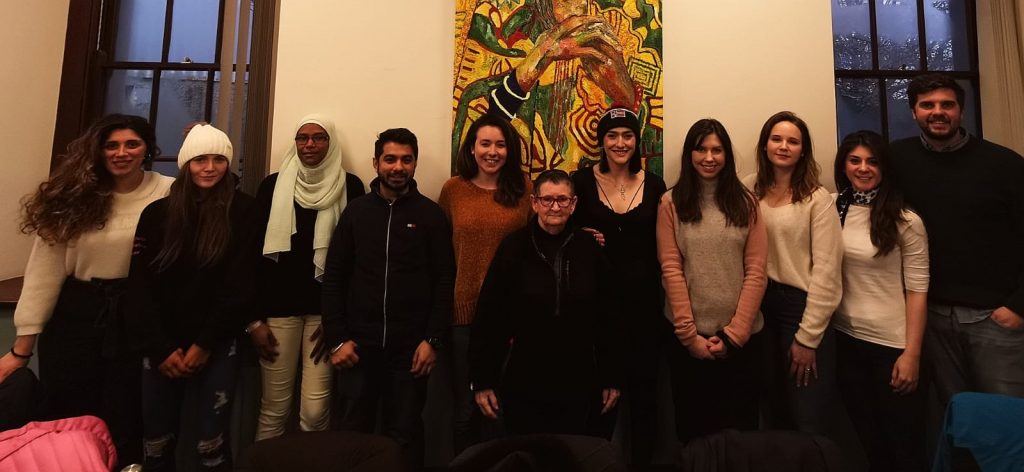
Masters students in the International Human Rights Law Clinic at the Irish Centre for Human Rights, NUI Galway, have curated this website while investigating international human rights law standards and comparative practice regarding memorialisation of mass atrocities. You can read some of their findings and analysis here.
In addition, students in the Clinic have been researching barriers to accessing information concerning ‘historical’ abuses in Ireland. They have been considering the need for and potential contents of legislation and other national measures to ensure that:
- survivors and relatives of the deceased can access personal records,
- those who wish to can contribute their testimony to the national historical record, and
- researchers and the general public can learn about the structures that perpetuated gross and systematic human rights violations in Ireland’s institutions and through the adoption system, and the lived experiences of those who suffered.
During General Election 2020, students asked candidates whether they would support the creation of an independent national archive of historical care-related records, as called for by a coalition of 72 survivors and others in January 2020. Read about the candidates’ responses here.
Students have also been assisting survivors to access information by creating Guides to data protection law, and they have been working with archivists at NUI Galway to create a digital repository of information relating to the case of Elizabeth Coppin v Ireland.

Pictured from left to right: Ilaria Lo Menzo, Kelly Dalton, Samantha Aglae, Eesh Wadhwa, Kelly Ledoux, Mary Harney, Rebecca Naous, Cassie Roddy-Mullineaux, Cécile Harrault, Senem Renk Gurgen, and Pedro Cantero.
The International Human Rights Law Clinic is directed by Dr Maeve O’Rourke.